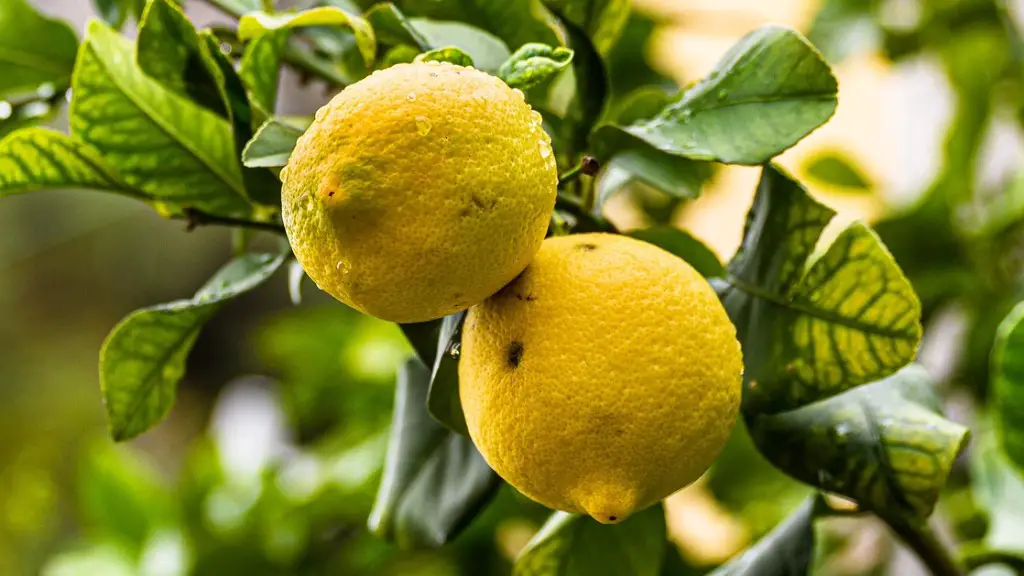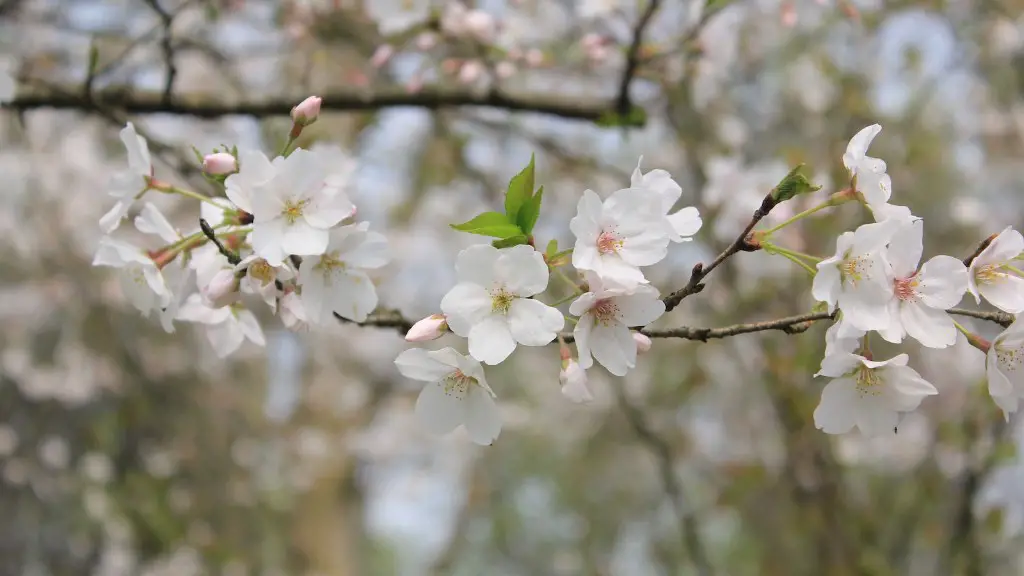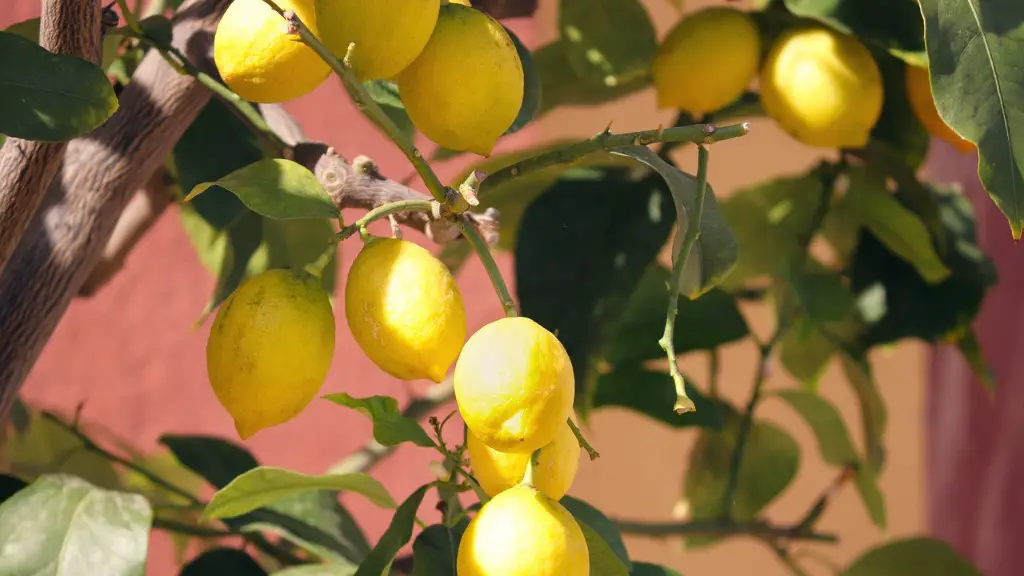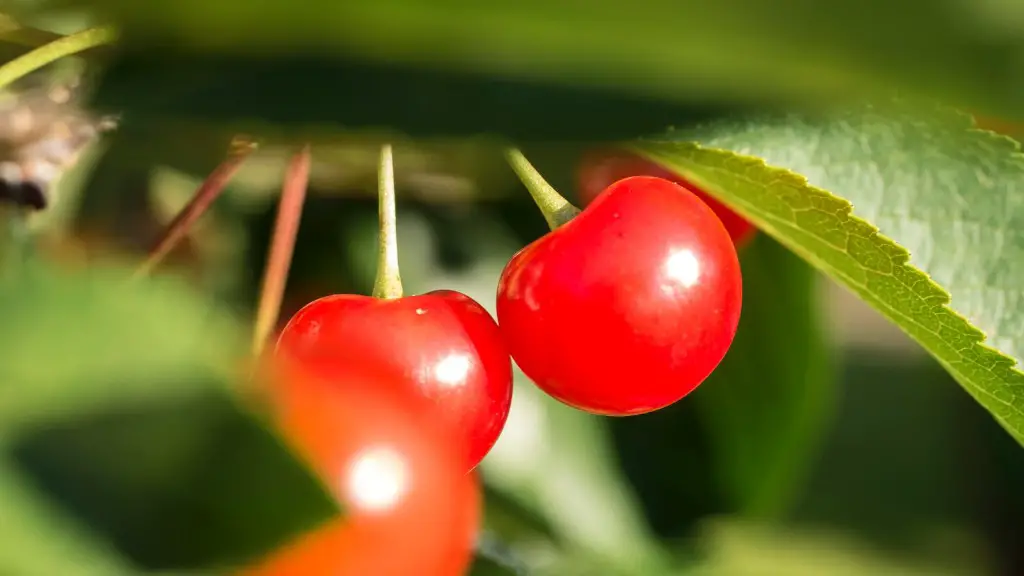Fruit trees are versatile plants that have been a part of people’s gardens for centuries. Lemons, however, can be surprisingly hard to get to bear fruit. There are many potential reasons why your lemon tree isn’t bearing any fruit, which we’ll discuss in this blog post.
The first issue may be the temperature. Lemons need plenty of sunshine and warm temperatures in order to bloom and bear fruit. If your tree isn’t getting enough sunlight, it won’t be able to produce lemons. It’s also possible that the temperature is too hot or cold for the tree to thrive.
The next thing to consider is the planting location. Lemons need well-drained soil and low-lying ground to produce the best fruit. If the soil is too hard or sandy, or the tree is planted in an area with poor drainage, the tree won’t be able to get the nutrients it needs to produce fruit.
Water issues can also be a problem. Lemons need regular watering to keep them healthy and produce fruit. But too much or too little water can cause problems. If you’re over-watering your tree, the lemons won’t grow. If you’re underwatering, the roots won’t be able to take in enough nourishment to create fruit.
Pest infestations are another potential cause. Pests like aphids, mealybugs and scale can suck the juices out of your tree, making it difficult for it to produce fruit. It’s important to regularly inspect your tree for signs of pests and take steps to control the infestation.
Finally, it’s possible the tree is not getting enough nutrients from the soil. It’s important to use a fertilizer that is specifically tailored for lemon trees if you want to give your tree the best chance of bearing fruit. This will help to ensure your tree has enough of the necessary nutrients for fruit production.
It’s also important to remember that lemon trees take a few years to bear fruit, so if your tree is still fairly young it may just need some more time. With the right care, your lemon tree should eventually produce plenty of juicy lemons.
Temperature
Temperature is a key factor when it comes to a successful lemon tree bearing fruit. If the cold winters or the hot summers are not suitable for a lemon tree, then they may not be able to fully develop. There are certain species of lemon tree which can tolerate lower winter temperatures than others, making them a good option for colder climates. It is also vital to ensure that the lemon tree is receiving enough sunlight throughout the day, as this is a major factor in fruit growth.
In warm climates where temperatures can reach up to above 30 degrees Celsius, it is important to provide shade for lemon trees to help to protect them from the heat. This could be in the form of shade cloth, mulch or even a trellis.
In areas where temperatures do not reach adequate levels for lemon trees, it might be necessary to consider artificial heating or cooling. For example, in some cases a greenhouse may be used to help provide the ideal climate for a lemon tree.
It is also important to remember that lemon trees need several months of warm temperatures in order to reach a harvestable stage and bear fruit.
Finally, it is worth noting that cold damage might occur if temperatures take a sharp drop in the winter months. This can cause flower buds to drop off and is generally difficult to overcome.
Location
The location in which a lemon tree is planted is a key factor in determining whether it will bear fruit or not. It is important to find a location which shields the tree from strong wind and also offers some protection from extreme weather conditions. If a tree is planted in an area which has poor drainage, then it will be harder for the tree to take in the nutrients required for fruit production. It is, therefore, important to find a spot which has well-draining soil.
In areas with lower winter temperatures, it is important to choose a sheltered spot away from areas where cold air settles. This could be on the south side of a building or in an area which is shielded from the wind. It is also important to ensure that there is plenty of space around the tree, in order to encourage airflow and reduce the risk of disease.
It can also be beneficial to install a root barrier, in order to protect the roots of the tree from damage and aid the growth of the fruit. Additionally, using specialized root stocks which are adapted to local conditions can also help the tree to bear fruit faster and more reliably.
When it comes to a lemon tree’s location, it is important to take into consideration the climate, soil, and available space in order to make the best possible choice for the health and success of the tree.
Water
Having an adequate amount of water is key for healthy lemon trees, both in the short and the long-term. Over the course of a growing season, a lemon tree needs to be watered frequently and deeply. This is vital for the development of strong fruit and a healthy tree. However, overwatering can be just as detrimental as underwatering, as flooding the roots restricts oxygen availability and can cause root rot.
In terms of how often to water, this will depend on the climate, soil and available sunlight. Generally speaking, a lemon tree will require water when the soil becomes dry. It is important to ensure that ‘hot spots’ of dryness don’t occur, as these can cause a drop of in fruit yield.
In regions which experience droughts, water will need to be provided via irrigation systems or rainwater collection. It is worth noting that when collecting rainwater, it is important to ensure that it is free from pollutants and bacteria which could harm the tree.
It is also important to bear in mind that a lemon tree’s needs will change throughout the growing season, with more water being needed during periods of rapid growth. Adjusting the amount of water accordingly is vital to ensure the tree remains healthy and produces abundant fruit.
Pests and Disease
Pest and disease damage can be a major factor in preventing a lemon tree from bearing fruit. Common pests such as aphids, mealy bugs and scale are a major problem and needs to be controlled with a suitable garden pesticide. Additionally, fungal or bacterial problems can also occur, and must be treated as soon as possible with a fungicide.
In order to avoid the damaging effects of pests, it is important to regularly inspect the leaves and branches of a lemon tree. This will help to detect any issues in the early stages, allowing for timely and effective treatment with the correct pesticide or fungicide.
It is also important to bear in mind that, in areas with extreme temperatures, pests and diseases can become more prevalent. This can be particularly problematic for young, unhealthy trees. It is, therefore, important to ensure the tree is healthy and well-cared for in order to reduce the risks of pests and disease.
Finally, it is worth noting that stress can also lead to a lemon tree being more vulnerable to pests and diseases. This could be anything from drought to nutrient deficiency, so it is important to ensure your tree has the right conditions in order to develop strong, healthy fruit.
Nutrients
Lemon trees require certain nutrients in order to develop strong, healthy fruit. These include calcium, nitrogen, magnesium and phosphorous. All of these help to stimulate cell growth and development, resulting in larger fruits and more harvests.
It is, therefore, important to provide the correct fertilizers for lemon trees in order to ensure it has access to the nutrients it needs. This should be applied once a season, in the springtime. If additional fertilizers are needed, they should be applied during the summer in order to promote healthy growth.
It is also essential to ensure the soil pH is correct in order for the fertilizers to be absorbed by the tree. The ideal pH for a lemon tree is between 6 and 7. If necessary, a soil tester can be used to test the pH.
Finally, it is important to inspect the soil regularly to ensure that it is not becoming too compacted or depleted of nutrients. If it is, then it is important to replenish it. This could be done by adding organic compost or mulch, or by manually turning the soil in the planting area to help improve aeration and drainage.
Age
The age of a lemon tree is an important factor in determining whether it will bear fruit. Generally, it can take a few years for a lemon tree to produce fruit, as it needs to establish a root system and build up a certain level of vigor before it can set flowers, and in turn, fruits.
It is important to bear in mind that, in the early stages, a young lemon tree might experience some setbacks due to environmental factors such as pests, disease or lack of nutrients. If this is the case, then it is important to address these issues as soon as possible in order to maximize the chances of the tree bearing fruit.
Young trees might also benefit from pruning, in order to train them to grow in a specific shape. This will help to create a thicker canopy and provide more air circulation, which can help to reduce the risk of diseases and encourage fruit growth.
Finally, it is important to remember that lemon tree growth and fruit production is influenced by other factors such as climate and soil, so further care may be needed to provide the optimal environment for fruit growth.




